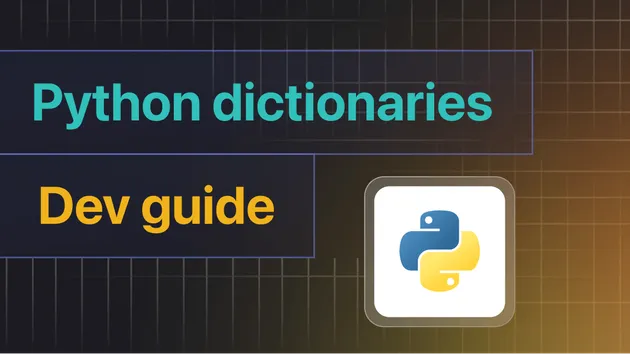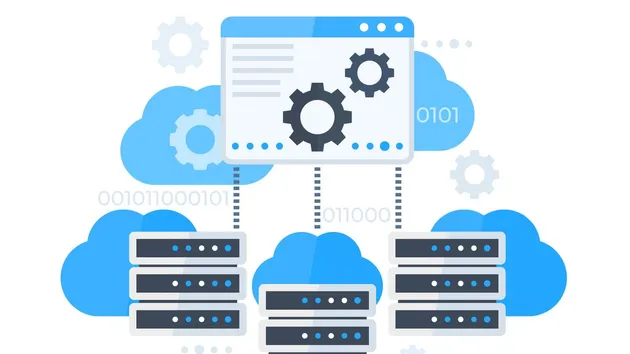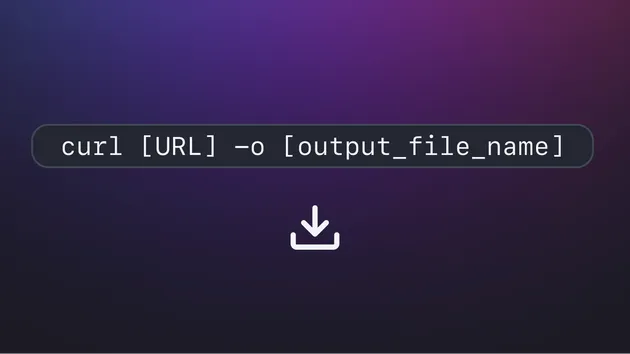Zip Key-value Store
Pricing
Pay per usage
Zip Key-value Store
Takes the ID of the key-value store, archives all their keys into a zip file, and saves them into the key-value store of the actor. For more than 1000 keys, multiple zip files are created. If their total size is bigger than the actor's available memory, it creates multiple smaller zip files.
Pricing
Pay per usage
Rating
0.0
(0)
Developer

Jaroslav Hejlek
Actor stats
5
Bookmarked
194
Total users
3
Monthly active users
2 years ago
Last modified
Categories
Share




